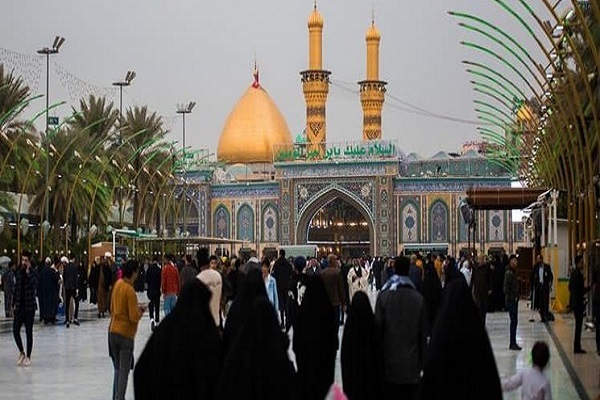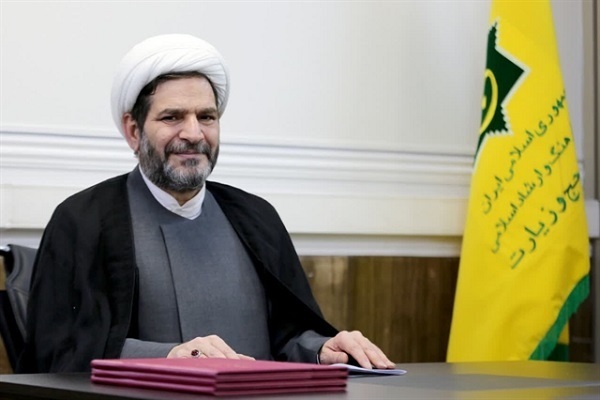Iraq’s Land Borders Remain Closed to Iranian Pilgrims

Hojat-ol-Islam Sohbatollah Rahmani, the Atabat deputy of Iran’s Hajj and Pilgrimage Organization, noted that land borders between Iran and Iraq were closed to travelers two years ago due to the coronavirus pandemic.
He said while traveling via air has been made possible for Iranian pilgrims wishing to visit Iraq’s holy sites, the land borders remain closed despite some reports to the contrary.
Hojat-ol-Islam Rahmani said the head of the organization traveled to Iraq for talks with the Arab country’s officials and the reopening of the land borders and removing visa requirements were among the major topics of discussions during the trip.
He expressed hope that officials in Baghdad will allow Iranians’ land trips to Iraq and remove visa requirements, which will lead to more pilgrimage trips by both Iranians and Iraqis to the other country.

The official went on to say that in that case, Iran would be ready to dispatch 5,000 pilgrims to Iraq via land borders every day while ensuring compliance with the health protocols.
Earlier this week, Majid Mirahmadi, deputy Interior Minister and head of Iran’s Arbaeen Headquarters, said that according to negotiations made between Tehran and Baghdad, visa requirements for Iranian pilgrims will be removed during the Arbaeen season.
Speaking to reporters on the sideline of a meeting of the Headquarters, he said that the Iraqi interior minister is also set to visit Tehran in the near future.
Arbaeen comes 40 days after Ashura, the martyrdom anniversary of the third Shia Imam, Imam Hussein (AS). This year’s Arbaeen falls on September 17.
Pointing to the probable hot weather conditions at the time of ritual, Mirahmadi said measures should be implemented to prevent pilgrims’ possible heat exhaustion including installing shades and establishing ice factories.
Each year, a huge crowd of Shias flock to Karbala, where the holy shrine of Imam Hussein (AS) is located, to perform mourning rites.
The ritual had been limited in the past two years due to the COVID-19 outbreak.
 Most Commented
Most Commented 


